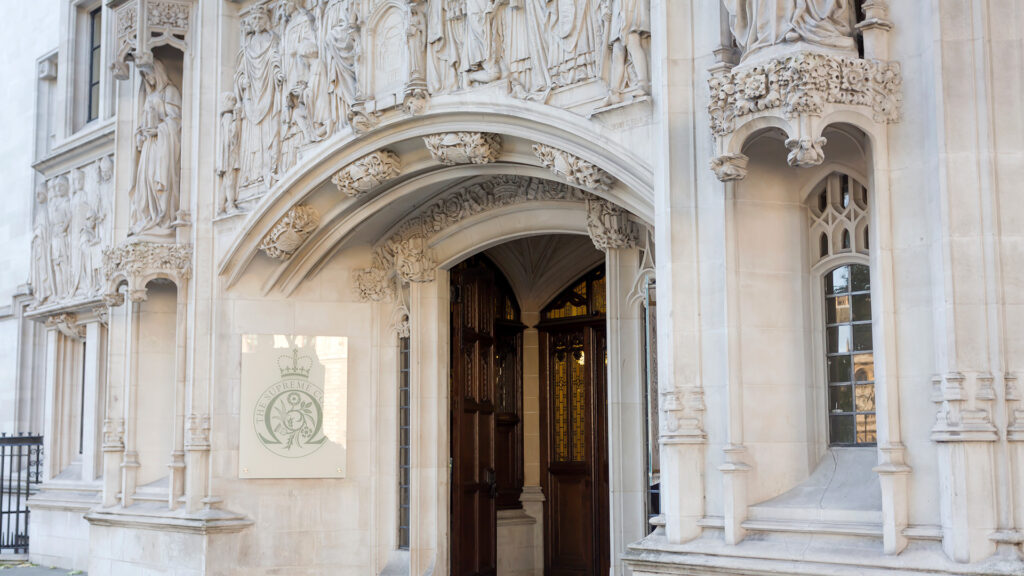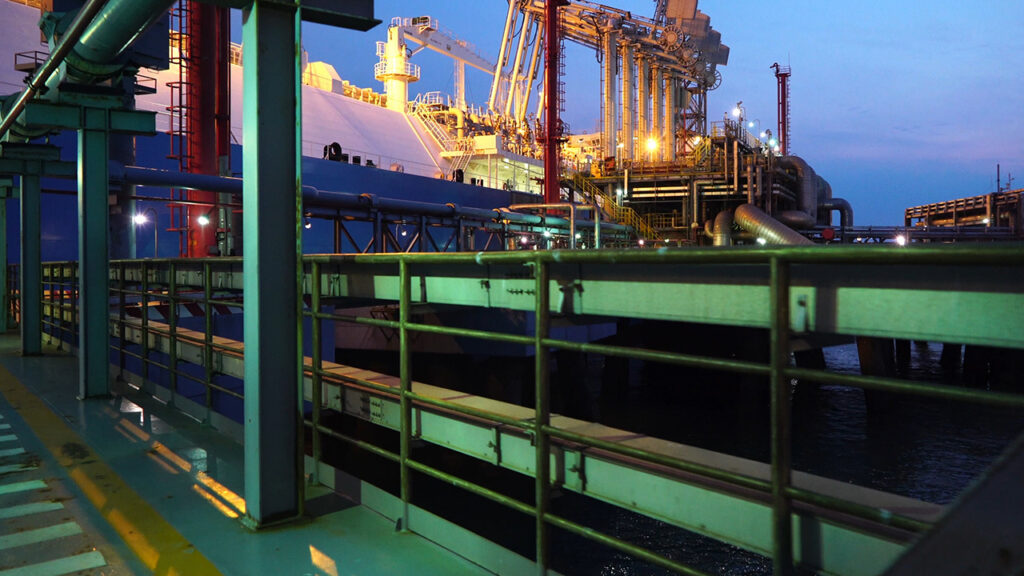Australian cabotage update – July 2015
In our March1 and May2 2015 updates on Australian coastal trading reform we reported on the government’s intention to scrap the existing coastal trading regime which was introduced by the previous (Labour) Government through the Coastal Trading (Revitalising Australian Shipping) Act 2012 (CTA).
On 25 June 2015 the Australian Deputy Prime Minister and Minister for Infrastructure, Mr Warren Truss, tabled the anticipated reform legislation, Shipping Legislation Amendment Bill 2015 (Bill), which, as he had foreshadowed, aims to simplify the regulatory process for the movement of cargo and passengers around the Australian coast by removing the existing multi tiered licensing system and replacing it with a single permit available for both Australian and foreign ships.
In his second reading speech on 25 June 2015 Minister Truss stated the Australian federal government is “committed to a more competitive and efficient shipping industry” and “through these reforms we will increase access to shipping services in a more open and competitive market. This government has declared that Australia is open for business and these reforms will help reduce the burden on business, open up new opportunities, and unlock the potential of our coastal trading routes”3.
Mr Truss went on to say that “for too long, companies wanting to move goods or passengers by sea have had to deal with a complex and burdensome licensing system” and the “central feature of the bill is a greatly simplified permit system that will reduce costs to business, and enhance access to competitive international shipping services”.
The bill will rename the CTA the Coastal Shipping Act 2015 and also amend the Shipping Registration Act 1981. As we reported previously, the bill repeals the existing multi tiered licensing system comprising of general licences, transitional general licences, temporary licences, and emergency licences, and replaces these with a single coastal shipping permit that will be available to both Australian and foreign registered ships.
A significant feature of the new scheme will be that permits will be issued to a ship rather than the cargo and ships operating under the new a coastal shipping permit, in the 12-month permit period, being allowed to engage in unlimited transport of passengers and goods on the Australian coast (including petroleum products from Australian offshore facilities which were excluded under the CTA). Ships engaged in coastal shipping for more than 183 days in the 12-month permit period will, however, be required to comply with Australian workplace relations arrangements and have to adhere to minimum Australian crewing requirements mirroring those that apply to ships registered on the Australian International Shipping Register. The coastal shipping permit will also protect ships from importation under the Customs Act 1901.
The Labour opposition, in a move to delay the progression of the bill, referred it to a Parliamentary Committee4 for further scrutiny. The committee’s report is due on 12 October 2015.
In response to the bill, the shadow minister for infrastructure and transport, Labour MP, Anthony Albanese (who was the sponsor of the CTA), said that the Government had launched its “long-expected attack on Australian workers with legislation that will destroy the Australian shipping industry by exposing it to unfair competition of foreign flagged vessels” and the bill is “linked to the government’s obsessive hatred of the Maritime Union of Australia5”.
As anticipated, the presentation of the bill has seen the Maritime Union of Australia (MUA) escalate its campaign in opposition to the proposed reforms recently asserting that “The Abbott Government’s hatred of Australian maritime workers is so great that they are willing to allow our entire coastal trade to be left to the cheapest, dodgiest flag of convenience operators, who rely on vulnerable, exploited international workers”.
In addition to their recent industrial action in relation to the removal of Australian crews from the tankers BRITISH LOYALTY, TANDARA SPIRIT and ALEXANDRA SPIRIT, it seems that the Maritime Labour Convention (MLC) and cabotage crew wages surcharge that may apply to crews performing coastal voyages under the current regime are being engaged indirectly by the MUA as a vehicle to progress its anti-reform campaign.
In Australia, the MLC has been implemented primarily through the Navigation Act 2012 (Cth) and Marine Order 11. The Australian Maritime Safety Authority (AMSA) is the designated ‘competent authority’ for regulating compliance with the MLC in Australia.
Marine Order 11 provides that “any person with an interest in the living and working conditions of a vessel that is in an Australian port” may report a complaint alleging a breach of the MLC to AMSA and, having received a complaint, “AMSA must investigate the complaint and act in accordance with its obligations under MLC”. It follows that where the MUA lodges a complaint with AMSA alleging, for example, that crews have not been paid their wages and/or their wages are not being paid in a timely manner, AMSA is under an obligation to investigate the complaint which ordinarily involves an AMSA officer attending on board a vessel to inspect records of the payment of wages and interviewing members of the crew.
It is to be noted that consistent with the MLC, Marine Order 11 provides that the owners of a vessel must pay each seafarer (a) at intervals of no more than one month, and (b) in accordance with the work agreement – pursuant to the Navigation Act, AMSA arguably has power to detain a vessel for non-compliance with Marine Order 11, including in relation to the payment of wages.
Further, under the current regime where a foreign flagged and crewed vessel which has made at least two other voyages under a temporary license in the last 12 months and is performing another Australian coastal voyage under a temporary license Australian labour law applies to the crew pursuant to the Fair Work Act 2009 and the ship’s officers and crew must be paid not less than the minimum wages set out in part B of the Seagoing Industry Award 2010 (SIA 2010) in respect of the period from when loading begins until unloading ends in respect of the cargo that is being shipped pursuant to the temporary license – which is sometimes referred to as a ‘cabotage bonus payment’.
The SIA 2010 provides, among other things, that the crew will be paid “their wages, penalties and allowances at a frequency of not longer than monthly”. In other words, it is arguable that any part B cabotage bonus payment should be paid at intervals of no more than one month after when the entitlement accrued. Payment of the cabotage bonus falls outside the jurisdiction of AMSA and is administered by Fair Work Australia pursuant to the Fair Work Act and Regulations. Various sanctions may follow from a finding that the payment of the cabotage bonus has not been made in accordance with the requirements of SIA 2010.
In the current political environment it is strongly recommended that owners and operators of foreign crewed tonnage calling at Australian ports ensure that there are not any anomalies in relation to the payment of crews’ wages and any overtime/cabotage bonus entitlements, or otherwise with regard to their ‘living and working conditions’ as there is a strong possibility that ‘on-shore’ complaints will be lodged with AMSA and/or Fair Work Australia.
Footnotes
- https://www.hfw.com/insights/Troubled-waters-ahead-March-2015/
- https://www.hfw.com/insights/Australian-coastal-trading-market-update-May-2015/; and https://www.hfw.com/insights/Australian-coastal-trading-update-May-2015/
- Hansard 7578 – Second Reading Speech – 25 June 2015
- Senate Rural and Regional Affairs and Transport Legislation Committee
- Lloyd’s List Australia 2 July 2015










